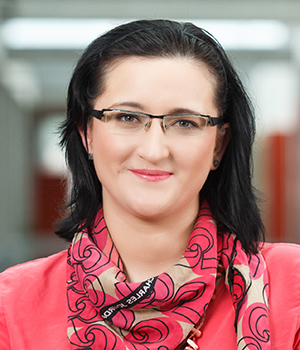About
Dramatic developments in AI have led to its increasing adoption in science as a means to model complex phenomena, generate hypotheses, design experiments, collect and interpret large datasets, and gain new insights that might not have been possible using traditional scientific methods alone. The main goal of this series of workshop is to discover synergy across a variety of scientific fields, encourage interdisciplinary discussions, and enhance the flow of knowledge between AI and various scientific communities. Throughout history, bridging seemly different fields has brought overarching benefits, with notable examples: entropy in thermodynamics and information theory, neuroscience and AI, and algorithms inspired by discoveries in science (e.g. genetic algorithm, simulated annealing and diffusion-based generative models). In the current era, successes of AI methods in different fields of science have alluded to the general effectiveness of common themes: large simulated datasets, enforcing problem symmetries, and foundation model architectures. Our mission is to bring more scientists to attend ICML to share different perspectives on the use of AI, and to illuminate exciting research directions for AI researchers. We welcome submissions from all AI for Science areas, but we concentrate some of our talks and panels on scaling in AI for Science.
-
How scaling can help AI for Science?
-
How scaling can be done in AI for Science?
-
How scaling change the Pareto frontier of methodology, interpretability and discovery?
-
What is the limitation of scaling and what is the cure for it?
Social Night
We are organizing a social event with AI Alliance at ICML 2024, Sign up here and join us in the party!
Paper Exploration
Check out the accepted papers in our workshop here with clusterings over similar topics!
Follow Us
Please follow us on Twitter and LinkedIn for the latest news, or join us on the Slack for active discussions.
Invited Talks (In alphabetical order)







Panel: Pareto Frontier of Methodology, Scaling, Interpretability and Discovery





Important Dates (Anywhere on Earth)
- Abstract Submission Deadline: May 23, 2024
- Paper Submission Deadline: May 25, 2024
- Review Bidding Period: May 25-31, 2024
- Review Deadline: June 11, 2024
- Meta-review deadline: June 14, 2024
- Acceptance Notification Date: June 16, 2024
- Workshop Date: July 26 or 27, 2024
Submissions
Please submit your paper in OpenReview. Our workshop is nonarchival, the accepted papers will be posted on our website.
Frequent Q&A
- What is the abstract deadline and why do we have it?
-
You only need to create a submission tab on OpenReview by the abstract deadline. (This is not a separate submission track for short papers). As we receive a large volume of diverse submissions, to entire good review quality and coverage of reviewer areas, we keep an abstract deadline for us to have a chance to invite new reviewers if needed.
- Can I attend the workshop even if I don’t have any submissions?
-
Yes, you are welcome to attend the workshop. Registration is through ICML 2024 registration system with workshop selected.
- Can I join the organizing team?
- We always welcome new members to join our organizing team, feel free to reach out to us if you are interested. Several questions are recommended to be answered to help us make decision: what do you like about the workshop? what do you think we should improve? what can you contribute to the organizing team?
Organizers and Contact
Organizers are in alphabetical order. For any question, please contact ai4sciencecommunity@gmail.com.
Organizers










